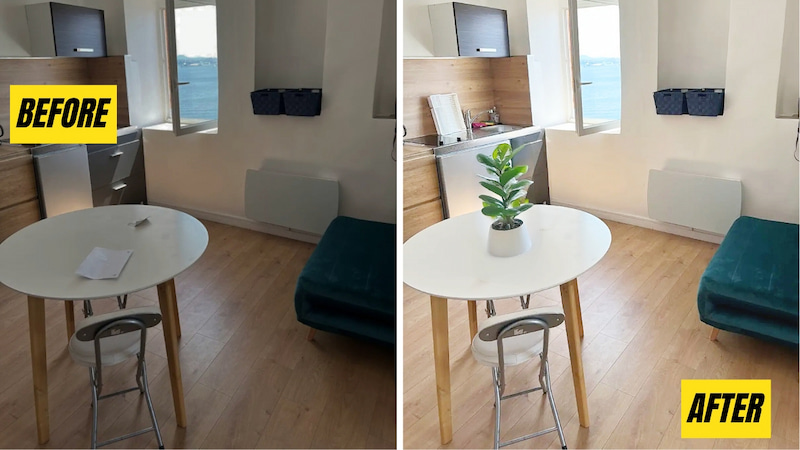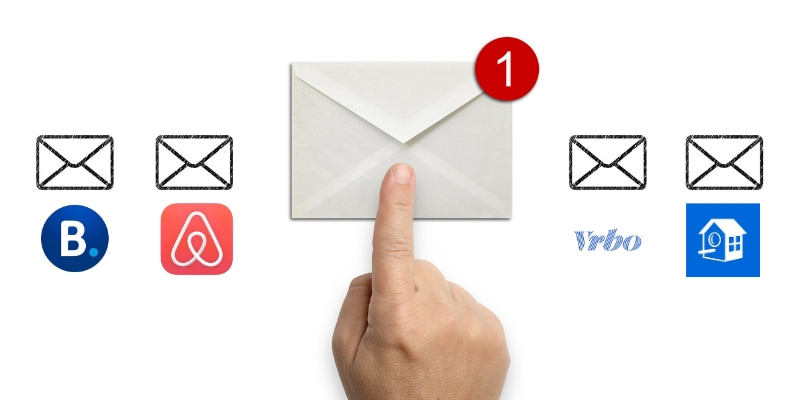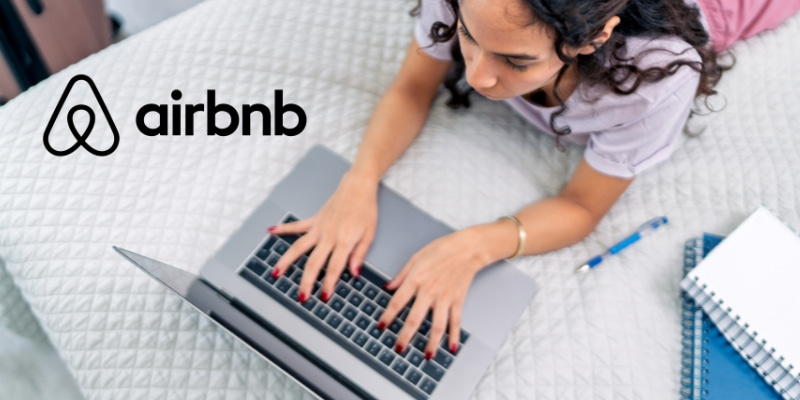On April 14, 2025, Airbnb dropped a regulatory bombshell on the short-term rental industry. Far from being a simple T&C update, this announcement signals a major strategic shift: the platform wants full control over financial flows between guests and hosts. With one clear goal… maximizing its 15% commission on nearly everything that can be billed.

Give your guest an experience they’ll remember and drive more 5-star reviews.
Get startedIn a recent email to hosts, Airbnb left little room for ambiguity: as of May 10, 2025, only listings that have agreed to the new terms and conditions will remain visible on the platform. A strong signal sent to its host community — especially in a global context where short-term rentals face increasing regulatory pressure and platform competition intensifies.
“You can feel they’re locking everything down. For a long time, we could add extra fees or offer services on the side, without Airbnb commission. That’s over now. And it’s not a minor update: it questions an entire business model,” says Michel A., manager of 14 rentals in Marseille (France).
👉 Here is the link to the details of Airbnb policy changes 2025
Planning a trip involves comparing countless options, and few things are more frustrating than realizing, at the last step, that the price you initially saw doesn’t reflect the real cost. To meet the growing demand for transparency, Airbnb now offers the option to display the total price of the stay (excluding taxes) directly in search results.
The idea is simple: put an end to "unfair pricing" practices, where only a base nightly rate was shown, excluding additional fees like cleaning or service charges and giving users a misleading sense of affordability. Previously, travelers had to click into each listing to uncover the real total price, making comparisons time-consuming and unclear.
With this new feature, users can activate a filter that allows them to see the full price upfront, making it easier to compare listings, make informed decisions, and build trust in the platform.
Behind its rhetoric of “transparency and fairness for guests,” Airbnb is primarily focused on eliminating any workaround that allows hosts to bypass its service fees. The goal is crystal clear: maximize all financial flows through the platform to enforce the well-known 15% commission (or more, depending on the case).
To achieve this, Airbnb is now locking down three key areas:
This shift aligns with Airbnb’s post-IPO context. Since its 2020 stock market debut, the company is under pressure to deliver consistent earnings. The profitability of a matchmaking model like Airbnb’s depends on its ability to capture the full scope of financial transactions it enables.
Airbnb’s message is clear: everything that can be monetized must go through its system. This now includes fees that used to be at the host’s discretion: electricity, mid-stay cleaning, pet charges, parking, pool heating, and even direct security deposits (now banned except in very rare, clearly defined exceptions).
All mandatory charges must now be included in the nightly rate and shown at the time of booking on Airbnb. This includes:
If there's no dedicated field, they must be built into the price per night.
Note: If you use a PMS or channel manager, you can still collect certain fees outside the platform. But only if they’re included in the price breakdown visible to the guest at checkout.
Extras like parking, pool heating, or mid-stay cleaning must:
Important: These charges currently remain non-commissioned. But Airbnb can change that policy at any time. So stay alert.
Any modification (dates, length of stay, guest count) must now go through Airbnb’s platform.
In short: Airbnb is sealing every loophole to make sure every transaction is trackable and commissionable.
Word is, Airbnb already uses algorithms to scan messages for suspicious keywords like "wire transfer", "discount", or "book directly".
You can no longer ask for a guest’s email or address before or even after booking, unless the guest requests it.
Airbnb prohibits anything that pulls guests out of its ecosystem. This includes:
Exceptions: Smart home tools (Sonos, Nest, smart locks) are allowed if optional and don’t require sign-up.
Good news: there are plenty of check-in solutions using keycodes or smart locks that don’t require any special app on the guest’s end.
You are no longer allowed to ask guests to leave a review outside of Airbnb. The company wants feedback to benefit its platform, and only its platform.
Directly collecting a damage deposit? Not allowed. Airbnb wants you to rely on their in-house insurance AirCover.
Some vague exceptions exist, but it’s best to contact Airbnb directly if you still want to enforce a financial guarantee.
Here are the risks faced by hosts:
And in these cases, recourse is limited. With over 7 million listings worldwide, Airbnb can afford to lose a few rule-breakers.
Unsurprisingly, these methods are sparking concern among both casual hosts and professionals, who aren’t used to such contractual imbalance.
In parallel, Airbnb seems to be rolling out the red carpet for a different audience: hotel professionals. They benefit from relaxed rules:
Clearly, Airbnb is trying to broaden its host base by wooing the hotel sector. A still largely untapped source of growth. And in a battle against Booking.com and Expedia, Airbnb wants to look like a credible alternative.
This update of terms and conditions in 2025 reveals Airbnb’s deeper ambition: to create a fully captive ecosystem. Payment control, communication restrictions, data lock-in... The platform is becoming what some call a “Big Brother of short-term rentals.” Or, more charitably, the central bank of vacation rentals, capturing value at every stage: booking, changes, disputes, insurance, messaging.
In other words: Airbnb is building a super-app. Everything happens in one closed ecosystem, theirs.
These policy changes will apply to all hosts starting May 10, 2025. And as always with Airbnb: not knowing the fine print is not an excuse.
🆘 Need help adjusting? Book your free 30-minute strategy call.















































